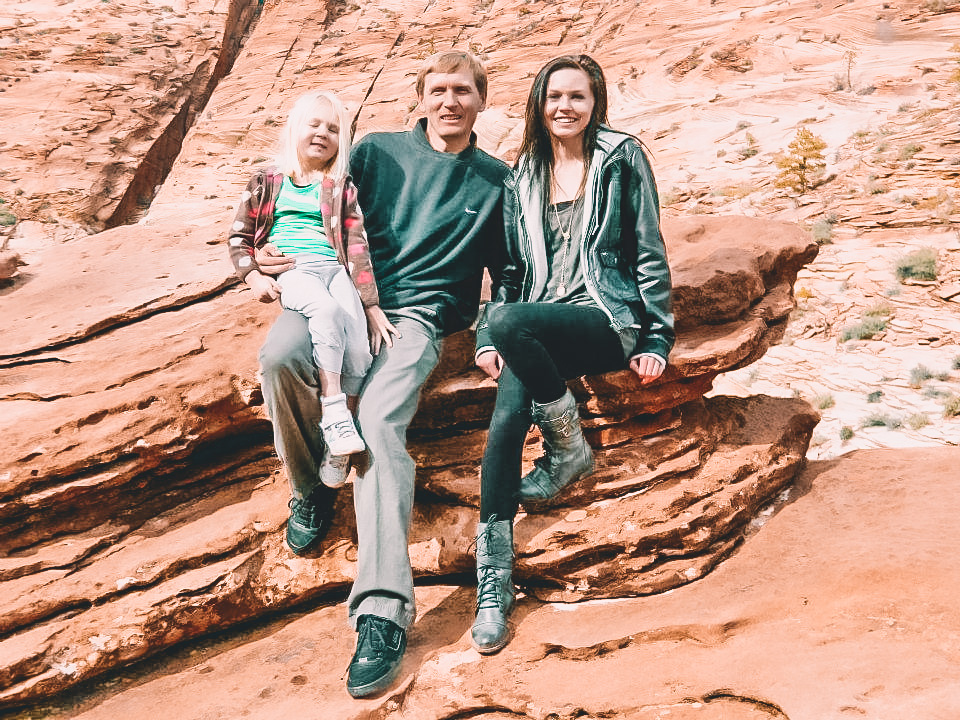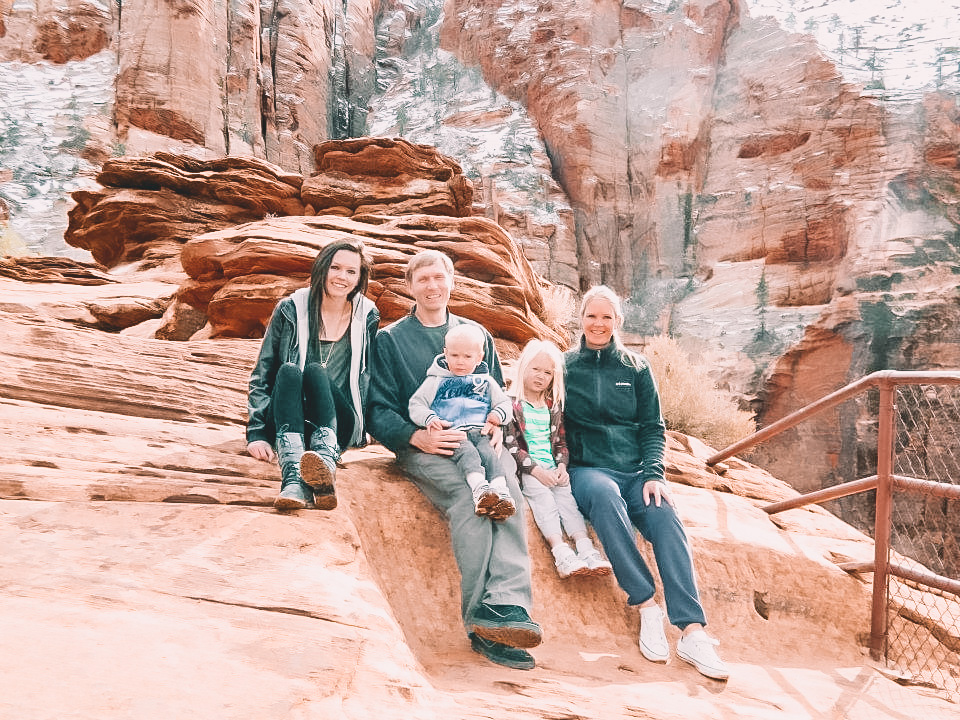
Social Anxiety is when someone has an INTENSE FEAR of what people think about them. For example, an extreme fear in rejection of one’s ideas. You go through great lengths to avoid uncomfortable situations and you get anxious at the THOUGHT of being in an unfamiliar situation. This means that sometimes people living with social anxiety aren’t even comfortable at home.
The burden of social anxiety weighed heavily on my shoulders for 12 years. It held me back socially, academically and professionally. Up until 4 years ago, I was one of the 15 million American adults living with social anxiety, and it was the most difficult time of my life.
The onset of my social anxiety came sometime in elementary school. Growing up, I was called shy and quiet so many times that it became my identity. And the way these labels were placed on me made it seem that being so was a flaw. So I became a self-conscious child and did my best to avoid social interactions.
Going to school had become a form of punishment, and my sensitive nature kept me on pins and needles throughout my school years. In 9th grade I could no longer take the pain of my social awkwardness, so I decided to seek out ways to deal that ended up hurting me in the long run. Little did I know that the worst of my social anxiety had yet to come.
At the age of 18 I found myself moving to a different city to go to school. I was determined to immerse myself in the college lifestyle I had idealized as a little girl, and find myself in a career I love. Instead, I struggled to find myself in a world of seemingly confident people who had it all figured out. So I continued to make poor decisions, and I became dependent on people and substances just to get through my days. By my early 20’s I was the epitome of unhappiness.
Mundane tasks like grocery shopping, or running errands would fill me with anxiety and fear. I was afraid of people’s perceptions, judgements and assumptions. So I lived in constant worry that I wasn’t good enough, smart enough, pretty enough and I tortured myself thinking that others would see my flaws. I didn’t want to be seen as anything less than perfect.
At the age of 22, I found myself in the hospital and I knew something had to change. I couldn’t possibly be the person I wanted to be while being riddled with doubt, fear and anxiety. So I finally went to see a therapist. But it never felt like therapy was enough. However, it was enough to stir my curiosity about the underlying causes of what I was feeling. And I became excited about the possibility of healing. So I sought out a DBT (Dialectical Behavior Therapy) program to manage my battle with anxiety and depression.
3 key steps I learned from 1 year in DBT
Heal your mind
work on discovering the root cause of your social anxiety. Take a walk down memory lane and allow your feelings to lead you to the first time you felt anxious in a social situation. How old were you? Where were you? What happened? How did you feel afterwards? Proceed to write down as many events as you can remember that triggered your social anxiety. Try to find the one event that affected you the most, and focus on discovering why it did. What would you do differently if you had the power to redo it? Rewriting that event with a positive outcome will help you cope better when you find yourself in a trigger situation. And will also enable you to start the healing process.
Nurture your soul
Social anxiety can leave you feeling worthless and unable to see your strengths. It is important to enable yourself to flourish from within so you can face your social anxiety on the outside.

This is the step where you need to get to know yourself better, accept your imperfections, and love yourself more. So focus on finding your strengths, and highlight your qualities. Also, don’t measure your self-worth based on people’s reactions to your actions. When you suffer from social anxiety, trying to please others fuels negative perceptions of self. Instead, see and accept yourself as the unique human being you are.
Face your fears
As you work your way through the first two steps, your mind should be in a healthier place and your confidence level higher. Regardless of how severe your social anxiety is, you should start with slow exposure to situations that trigger it. Proceed with the following five steps:
- Expose yourself to social situations that cause mild discomfort.
- Increase exposure time slightly with each outing. Keep at it for as long as needed until you reach your comfortable place.
- Try to engage in small talk as often as possible, it’s the best way to let go of social inhibition.
- Smile! Studies have shown that smiling helps reduce the body’s response to stress, lowers heart rate, and makes us feel stronger. Exactly what you need when dealing with social anxiety.
- Praise yourself every time you manage to function outside of your comfort zone. When trying to overcome social anxiety every tiny victory matters. So celebrate each one of them.
Today I can say I have finally found a system in helping me overcome my social anxiety and, by sharing my story and tips, I am hoping to help you overcome it too. But please remember that you will not connect with everyone you meet, and that’s OK. Your inability to connect with everyone doesn’t mean you are unlikable, or unworthy. Stay open minded and you’ll find your tribe. Don’t give up, The only way out of social anxiety is through it, you’ll prevail through persistence.

I am in no way a doctor or licensed professional, these are experiences from my own life. I am only providing this as a means of help to those who feel alone in their struggle and to offer guidance. If you are struggling, I highly recommend seeking out professional help.
Need more info? More on Social Anxiety Here.

